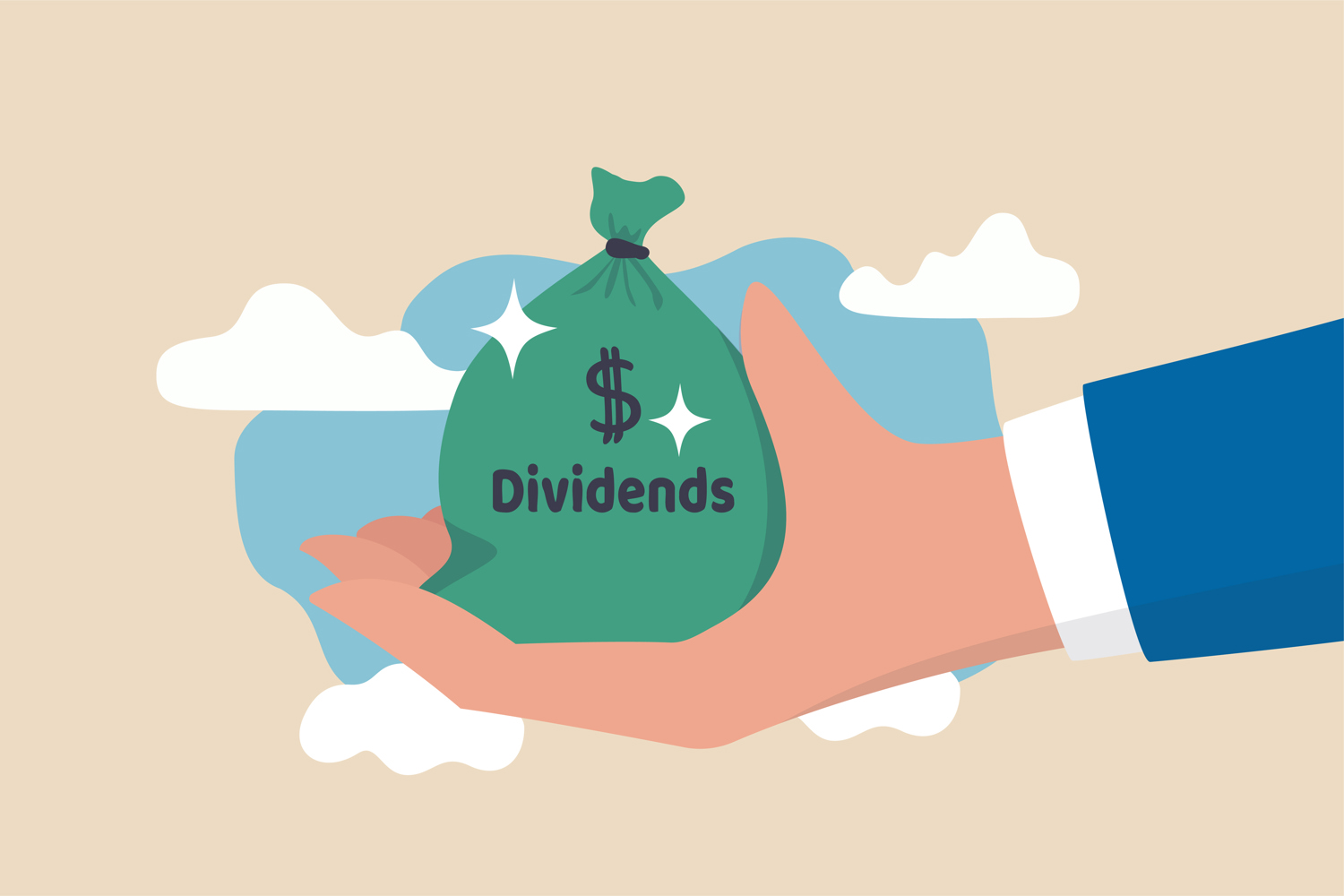
Shares of FNF have fallen over 10% in the past month
Fidelity National Financial, Inc. (NYSE:FNF) is a provider of title insurance and transaction services to the real estate and mortgage industries. FNF is one of the largest title insurance companies in the United States through their title insurance underwriters: Fidelity National Title, Chicago Title, Commonwealth Land Title, Alamo Title, and National Title of New York. FNF is valued at $10.48 billion, indicating a large market cap. At last check, FNF was trading down 1.3% at $36.87.
Fidelity National Financial stock price has decreased about 15% year-over-year and FNF is currently trading down 34% since reaching an all-time high of $56.44 in January. Additionally, shares of FNF have dropped in price 27% year-to-date and are down 11% over the past month, despite Fidelity National Financial stock recovering 8% since bottoming at a 52-week low of $34.59 earlier this month.
Fidelity National Financial stock remains undervalued at a forward price-earnings ratio of 6.23 and a price-sales ratio of 0.68. In addition, the title insurance stock offers a high dividend yield of 4.71% with a forward dividend of $1.76, making the reward potential relatively high for long-term and dividend investors. Furthermore, Fidelity National Financial maintains a manageable balance sheet with $4.02 billion in cash and $3.5 billion in total debt, also making FNF a relatively low-risk investment.
Albeit amid light absolute volume, the security could see more pullbacks, should theere be a shift in sentiment in the options pits, which is leaning bullish at the moment. Specifically, the stock's Schaeffer's put/call open interest ratio (SOIR) of 0.19 only sits higher than 4% of readings from the past year, pointing to a call-bias amongst short-term options traders.
Echoing this, at the International Securities Exchange (ISE), Cboe Options Exchange (CBOE), and NASDAQ OMX PHLX (PHLX), the equity sports a 10-day call/put volume ratio of 1.09 that stands in the 88th percentile of its annual range. In other words, options traders are picking up calls at a quicker-than-usual clip.
Lastly, has usually outperformed volatility expectations. This is per its Schaeffer's Volatility Scorecard (SVS) ranking of 78 out of 100.